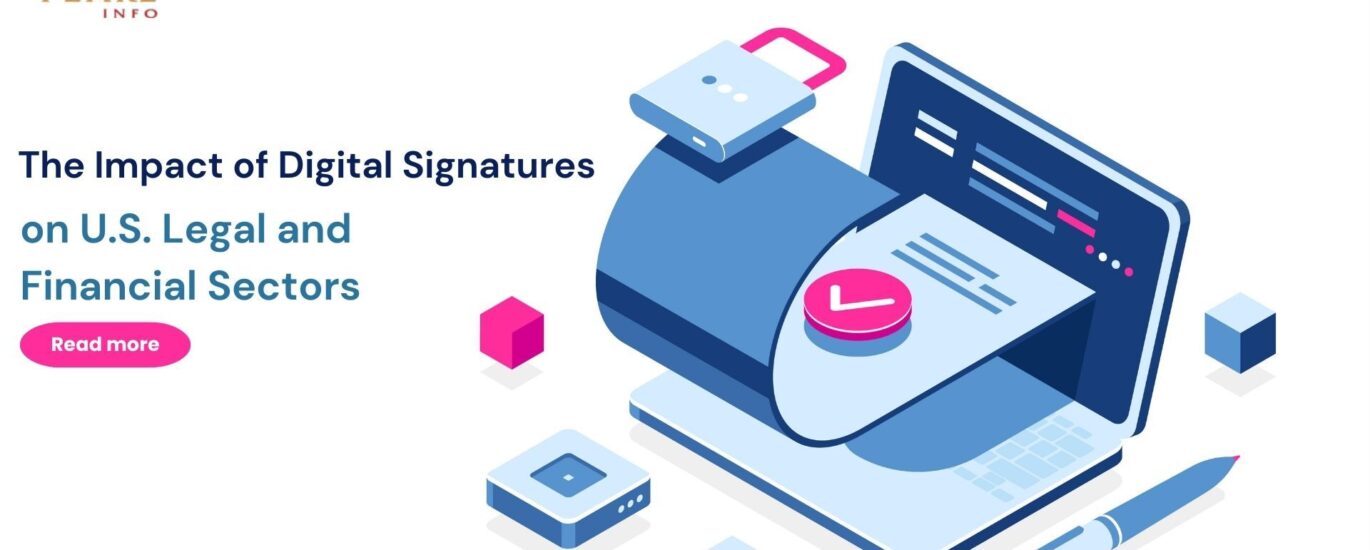



Introduction
The rise of digital signatures in the U.S. is revolutionizing how legal and
financial documents are executed. Supported by key legislations like the
ESIGN Act and UETA, digital signatures now provide a secure, legally
valid, and highly efficient alternative to traditional paperwork. In 2025,
they are playing a transformative role across industries, particularly
within the legal and financial sectors.
The Electronic Signatures in Global and National Commerce Act (ESIGN
Act) has cemented the legal status of digital signatures, granting them
the same enforceability as handwritten ones. This has led to widespread
adoption among U.S. law firms, corporate legal teams, and contract
managers. Solutions that are ESIGN Act-compliant—like Pearl eSign—are
now trusted tools for streamlining documentation workflows without
compromising on legal protection.
In the U.S. financial sector, digital signatures are rapidly becoming
integral to digital transformation efforts. Banks, credit unions, and
fintech companies are using them to fast-track loan processing, approval
cycles, and client onboarding. By eliminating paperwork delays and
reducing manual errors, digital signature solutions enhance operational
efficiency while supporting regulatory compliance.
Security remains a top priority in both legal and financial operations.
Leading U.S. firms are adopting digital signature platforms that offer
multi-factor authentication, robust document encryption, and
comprehensive audit trails. These features ensure sensitive data remains
protected while also meeting stringent compliance standards set by
regulations such as GLBA, SOX, and HIPAA.
The shift toward hybrid and remote work environments post-pandemic
has further fueled the adoption of digital signatures. Legal and financial
professionals across the U.S. now rely on remote-friendly tools to execute
and approve contracts from anywhere. Digital signatures
eliminate the inefficiencies of manual processes while maintaining
compliance and operational continuity.
Modern digital signature solutions are designed to integrate seamlessly
with existing legal and financial ecosystems. Whether it’s case
management software, CRMs, or loan origination systems, APIs and
cloud-native architecture ensure that e-signature tools become an
effortless extension of everyday workflows. This integration enhances
productivity while maintaining data integrity across platforms.
Conclusion
Digital signatures are reshaping the U.S. legal and financial sectors in
profound ways. From reinforcing legal compliance through the ESIGN
Act to improve security, supporting remote collaboration, and
accelerating transactions, they have become indispensable tools in
today’s fast-paced digital environment. As businesses continue to
modernize, adopting digital signature solutions is no longer just a smart
move—it’s essential.